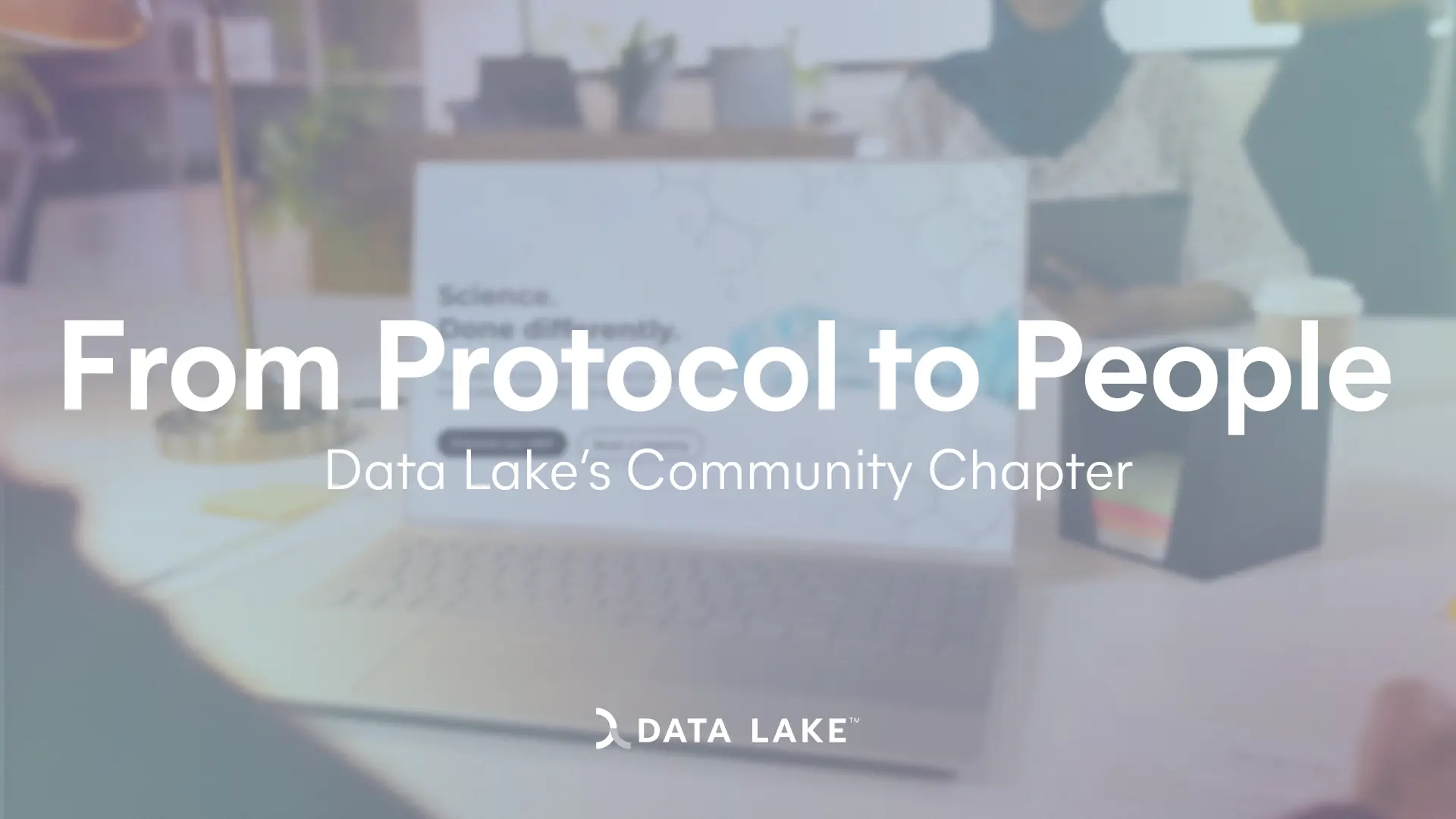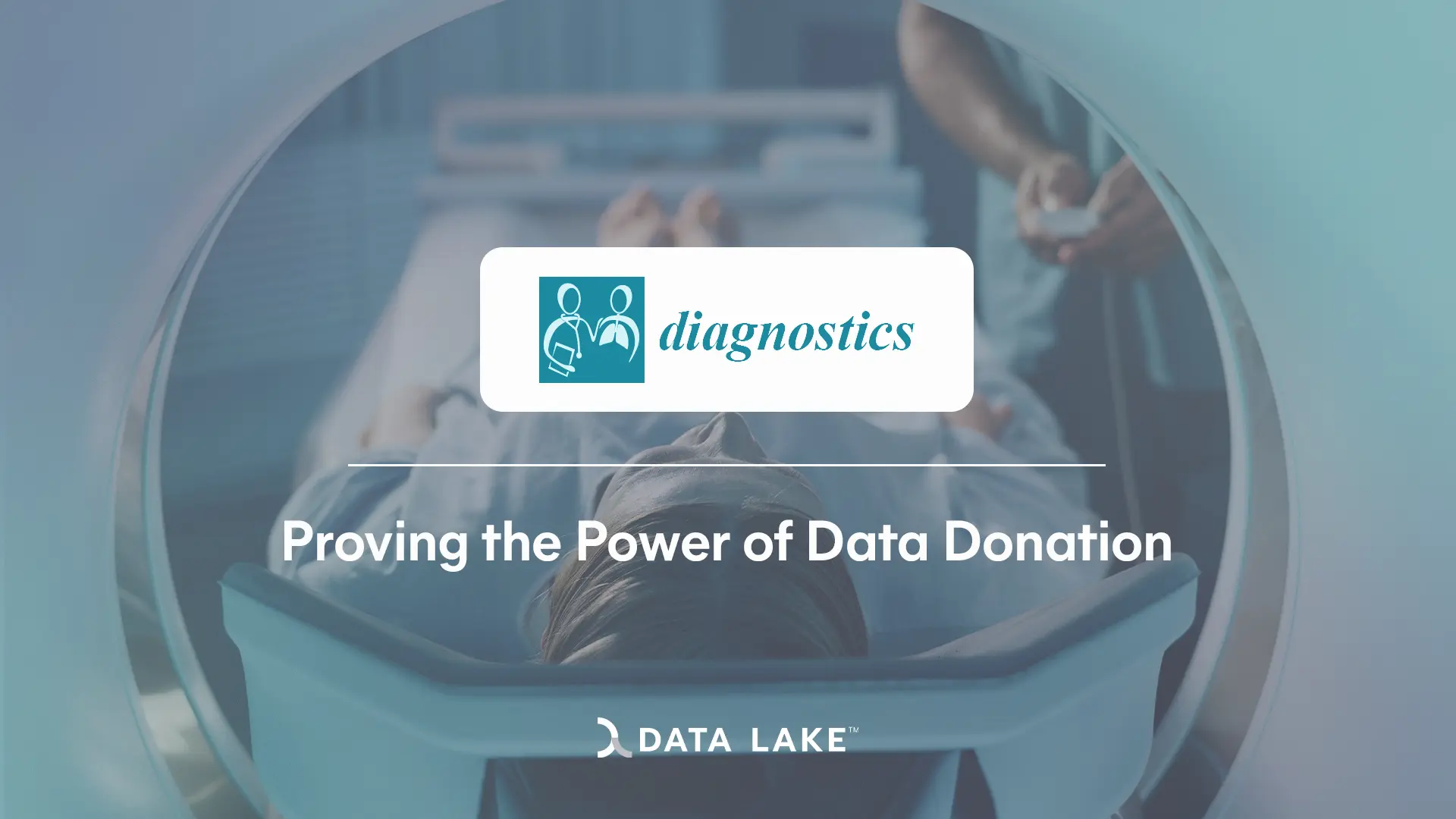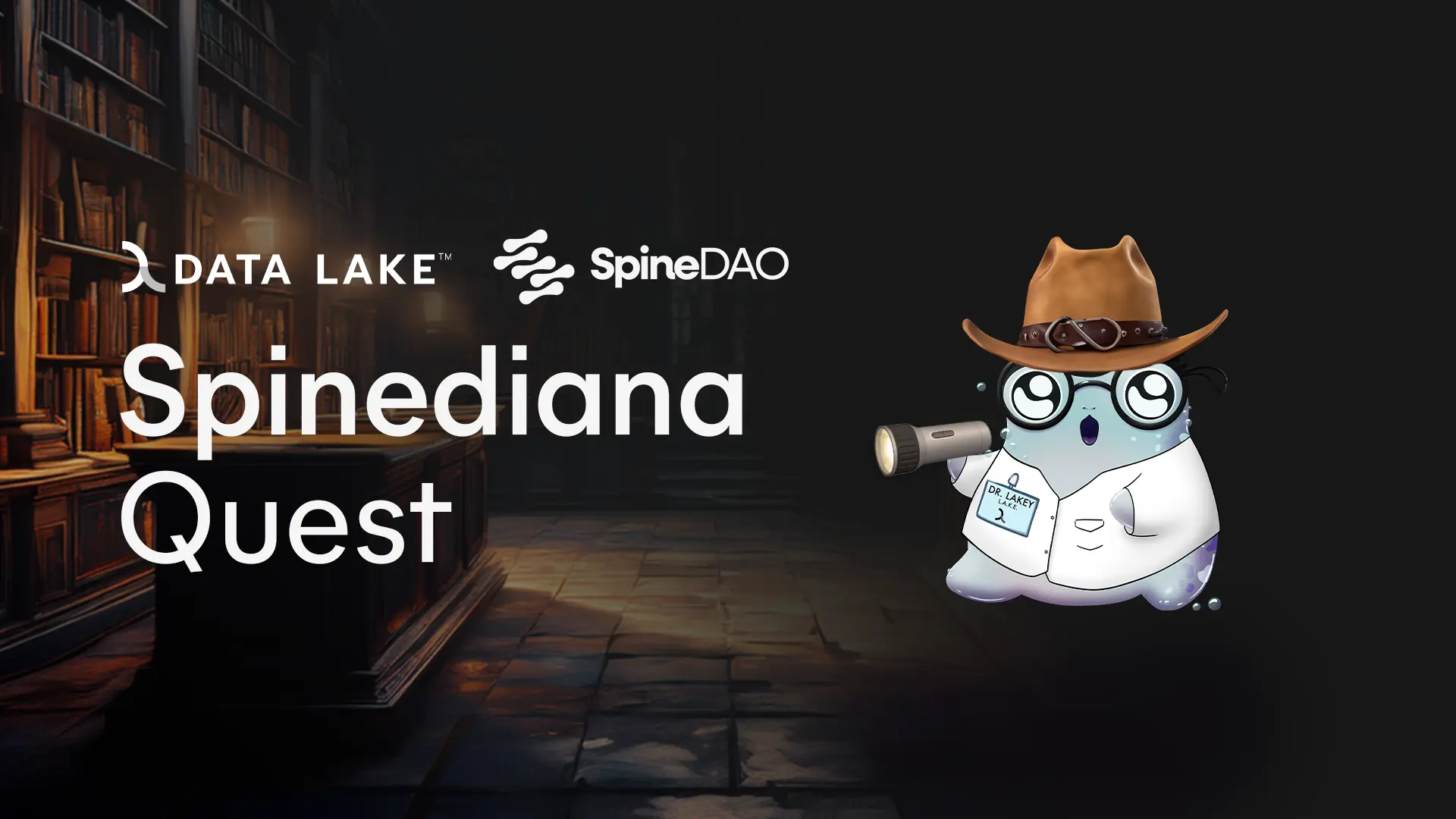Since day one, Data Lake has been about more than technology. It has been about trust, transparency, and empowering people to take an active role in shaping the future of science.
We built the Data Lake Application on Arbitrum so that every patient consent is stored on-chain with a complete audit trail – a level of accountability rarely seen in healthcare. We launched LAKE.fun, the world’s first fully decentralized patient recruitment platform, where people around the globe can contribute to research projects and get rewarded transparently in $LAKE. We ran Snapshot votes to ensure that key decisions, like research reward pools, were made by the community. And we even launched a marketing bounty program, proving that our growth belongs to everyone, not just the core team.
This foundation has always been about decentralization. About people. About you.
🔓 Open-Sourcing Our Smart Contracts
We believe that true trust requires open infrastructure. That’s why we are open-sourcing our consents smart contracts under the Digital Public Good (DPG) framework.
The DPG framework, developed by the UN and international partners, is a global standard that recognizes technologies which:
- ✅ Are open source
- ✅ Protect privacy
- ✅ Advance the UN Sustainable Development Goals
- ✅ Can be reused and adapted by others worldwide
By publishing our contracts as a Digital Public Good, we ensure that anyone can inspect, audit, and even build upon the tools that safeguard patient data consents. This isn’t just transparency – it’s global alignment with a standard designed to accelerate ethical, equitable, and open innovation.
It also means the infrastructure that governs how patient consents are collected and verified can be trusted universally, reused by researchers anywhere, and adapted to new use cases.
This is more than code transparency – it’s a commitment to making consent technology part of the global commons. It’s a way to ensure that ethical data practices scale not just within Data Lake, but across the entire decentralized science (DeSci) movement.
This is already happening now: we submitted our Consents Smart Contract to be listed as a DPG on September 16th, 2025, and it is already public and open source.
🌐 Token-Powered Access to the App
Our smart contracts will be published and open-sourced, along with full documentation, on GitHub. It means that anyone can use them in their Decentralized Science applications.
In addition to our Smart Contracts, we’ve developed the Data Lake Application for user-friendly consent processing. It is an enterprise-grade, ready-to-use system with permission management, a transparent audit log, and many more features, directly communicating with our smart contracts.
Data Lake Application has been used so far by Data Lake in our research projects and by selected partners, for example, SpineDAO or AxonDAO.
Starting today, it is no longer limited to partnerships or holding $LAKE. Starting from October, anyone will be able to get access by paying an access fee that can be paid in $LAKE tokens up to the amount of 100 000 $LAKE. We will work to continue to make other functionalities of $LAKE available, such as access to various goods and services, including healthcare services, as we have done before. The fee tokens will subsequently be burnt and permanently removed from circulation.
This is a new utility for $LAKE — a transparent, permissionless way to participate in the ecosystem. With token-based access, we move closer to a model where science is community-funded, community-powered, and community-owned.
🤝 Handing Over to the Community
We know decentralization is not just about infrastructure – it’s about governance and stewardship.
That’s why we’re introducing more community moderators and gradually handing over communications into community hands. Other activities will follow – from shaping new research initiatives to guiding growth strategies, this will be your project as much as ours. Community moderators will have to adhere to high ethical and compliance standards.
Applications for community moderators will open on October 6th, 2025.
This also means that the current Data Lake Team and Founders will become the Data Lake Community Stewards.
🌍 Why This Matters
- For patients: Your data and your voice will shape research more directly than ever.
- For researchers: Access to ethically sourced, real-world data will be broader, faster, and more transparent.
- For the community: more ownership and empowerment.
Decentralization in science isn’t a dream. It’s happening. And together, we are building the infrastructure for a new era of community-powered research.
🔮 The Road Ahead
This is just the beginning. By open-sourcing, tokenizing access, and handing more power to the community, we are unlocking the next chapter for Data Lake: a future where the lines between researcher, participant, and community are blurred, and where everyone can play a part in shaping science.
As we move forward, we envision the Data Lake as a true scientific project. As our software development roadmap is now complete, we will work on disseminating the Data Lake values and technology in top-tier, peer-reviewed scientific journals. We recognize that buy-in from traditional academia and decision-makers will be crucial for the success of the entire sector. For this reason, in the foreseeable future, Data Lake will focus on producing world-class published research in collaboration with scientists from top universities worldwide, such as the University of Oxford. We soon should be able to announce the first breakthrough on that front!
We invite you to join us – not just as users, but as builders, contributors, and stewards of this ecosystem.
The future of Data Lake is no longer just protocol.
It’s people.
It’s you. 🌊




